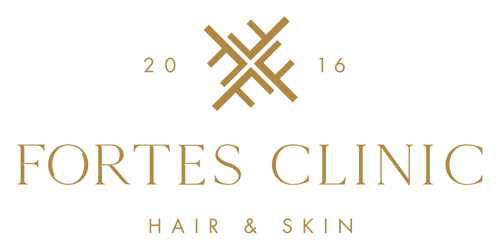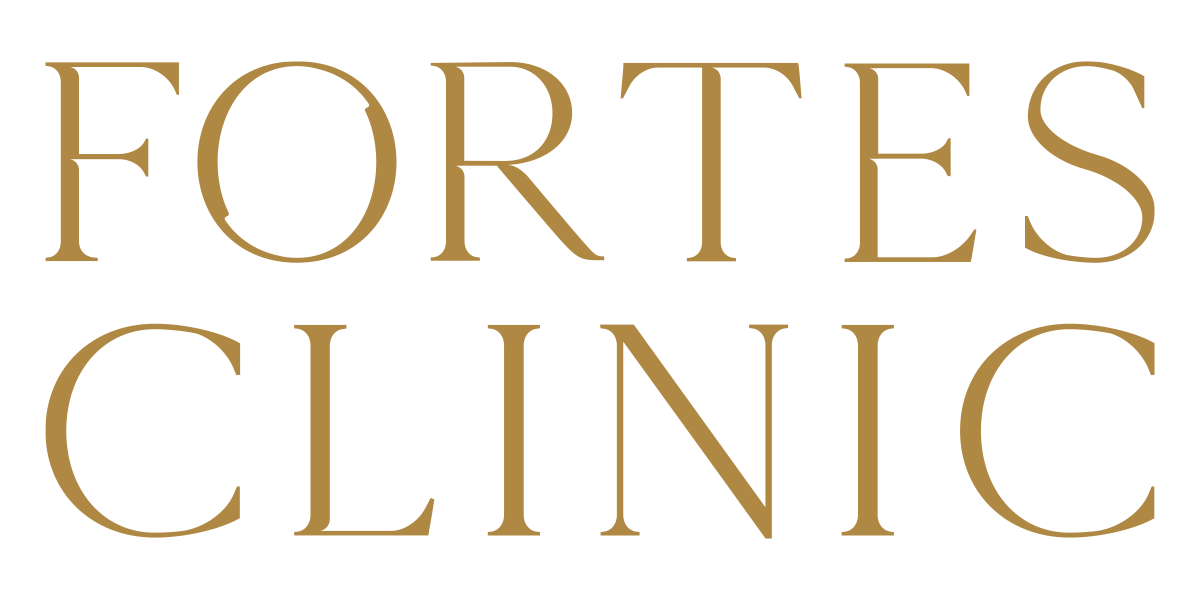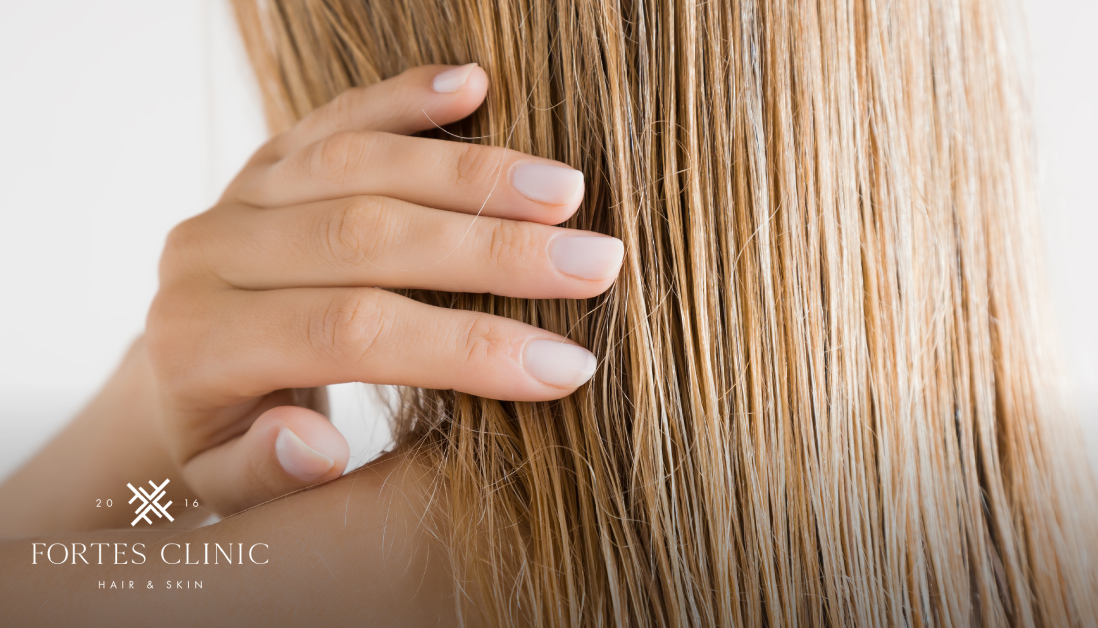Introduction
Postpartum hair loss can be an unexpected and distressing experience for new mothers. The joy of bringing a new life into the world can be tempered by the shedding of luscious locks. Here, we will delve into the science behind this type of hair loss, explore its causes, discuss when it typically occurs, and provide tips for managing and promoting hair regrowth.
Let’s unravel the mysteries of postpartum hair loss in women and find solace in understanding.
The Science behind Postpartum Hair Loss
Causes of Postpartum Hair Loss
Hormonal changes play a significant role in postpartum hair loss. During pregnancy, elevated levels of estrogen prolong the growth phase of the hair cycle, resulting in fuller, thicker hair. However, after childbirth, hormone levels rapidly decrease, causing the hair follicles to enter a resting phase known as telogen. This sudden shift in hormones triggers excessive shedding, leading to postpartum hair loss.
Understanding the Hair Growth Cycle
To comprehend hair loss, it is crucial to understand the hair growth cycle. Hair goes through three stages: anagen (growth phase), catagen (transition phase), and telogen (resting phase). Hormonal fluctuations after childbirth disrupt the normal cycle, pushing more hairs into the telogen phase. The shedding occurs when new hairs start to grow, pushing out the resting hairs.
When Does Postpartum Hair Loss Occur?
Onset of Postpartum Hair Loss
Postpartum hair loss usually begins around three months after giving birth. This delay can be attributed to the hair growth cycle, with telogen effluvium occurring several weeks after the triggering event. Don’t be alarmed if you find strands of hair clogging the shower drain or scattered on your pillow during this period. It is a temporary phase that affects many women.
Distinguishing Postpartum Hair Loss from Other Hair Loss Conditions
Postpartum hair loss is often mistaken for more severe hair loss conditions like alopecia. However, it is essential to differentiate between the two. Postpartum hair loss is a temporary phenomenon that resolves on its own, whereas alopecia refers to long-term hair loss that requires professional intervention. Understanding the distinctions can alleviate unnecessary worry and help you address the issue effectively.
Managing Postpartum Hair Loss
Self-Care Strategies for Postpartum Hair Loss
Maintaining a Healthy Diet and Lifestyle
Nourishing your body with a balanced diet is vital for healthy hair growth. Include foods rich in vitamins, minerals, and proteins, such as leafy greens, eggs, fish, and nuts. Additionally, prioritize hydration and engage in regular exercise to reduce stress levels, as stress can exacerbate hair loss.
Hair Care Tips for Postpartum Hair Loss
When dealing with hair loss, gentle hair handling is key. Avoid aggressive brushing or pulling, as it can cause breakage. Opt for wide-toothed combs or brushes with soft bristles. Minimise the use of heat-styling tools and harsh chemicals, as they can weaken the hair shaft. Instead, embrace natural styles and give your hair a break from excessive styling.
Seeking Professional Help for Postpartum Hair Loss
Consulting a Dermatologist or Trichologist
If postpartum hair loss persists or causes significant distress, it may be beneficial to seek professional guidance. Dermatologists or trichologists specialise in hair and scalp health and can identify underlying causes contributing to hair loss. They may recommend suitable medical treatments or interventions based on your specific situation.
Support Groups and Counseling Services
Postpartum hair loss can take an emotional toll on new mothers. Connecting with support groups or seeking counseling services can provide a safe space to share experiences and receive emotional support. Remember, you are not alone in this journey, and talking to others who have gone through or are currently experiencing postpartum hair loss can be immensely comforting.
Hair Regrowth and Recovery
Timeline for Hair Regrowth
While it may feel like hair loss will last forever, rest assured that regrowth is just around the corner. Hair typically starts to grow back around six to twelve months after the onset of postpartum hair loss. However, it may take up to a year or longer for your hair to return to its pre-pregnancy thickness.
Promoting Hair Regrowth
Natural Remedies for Hair Regrowth
Several natural remedies may aid in stimulating hair regrowth. Essential oils, such as lavender or rosemary, when massaged into the scalp, can promote blood circulation and follicle health. Additionally, dietary supplements rich in vitamins, minerals, and biotin may support hair growth. Consult with your healthcare provider before starting any new supplements.
Medical Treatments for Hair Regrowth
In some cases, medical treatments may be necessary to facilitate hair regrowth. Medications like minoxidil can stimulate hair growth and prevent further loss. Hair transplantation procedures, such as follicular unit transplantation (FUT) or follicular unit extraction (FUE), may also be considered for more advanced cases. Discuss these options with your healthcare professional to determine the best course of action.
Conclusion
Postpartum hair loss, although a common and temporary occurrence, can be emotionally challenging for new mothers. By understanding the science behind it and implementing self-care strategies, you can navigate this phase with confidence. Remember, regrowth takes time, and patience is key. Embrace self-acceptance, practice self-care, and seek support when needed. You are a resilient, beautiful mother, and your hair loss does not define you.



